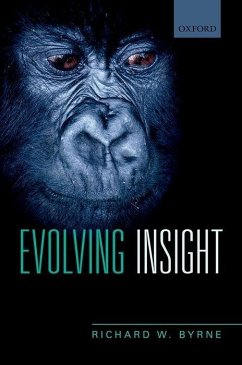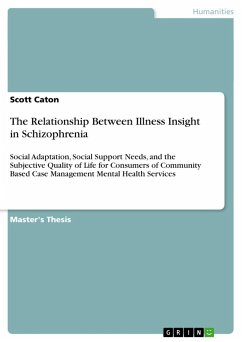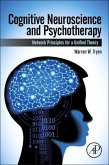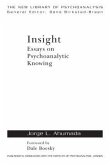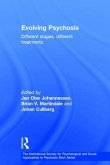'Insight' is not a very popular word in psychology or biology. Popular terms-like "intelligence", "planning", "complexity" or "cognitive"- have a habit of sprawling out to include everyone's favourite interpretation, and end up with such vague meanings that each new writer has to redefine them for use. Insight remains in everyday usage: as a down-to-earth, lay term for a deep, shrewd or discerning kind of understanding. Insight is a good thing to have, so it's
important to find out how it evolved, and that's what this book is about.
Coming 20 years after publication of Richard Byrne's seminal book The Thinking Ape, Evolving Insight develops a new theory of the evolutionary origins of human abilities to understand the world of objects and other people. Defining mental representation and computation as 'insight', it reviews the evidence for insight in the cognition of animals.
The book proposes that the understanding of causality and intentionality evolved twice in human ancestry: the "pretty good" understanding given by behaviour parsing, shared with other apes and related to cerebellar expansion; and the deeper understanding which requires language to model and is unique to humans. However, Ape-type insight may underlie non-verbal tests of intentionality and causal understanding, and much everyday human action.
Accessible to those with little background in the topic, Evolving Insight is an important new work for anyone with an interest in psychology and the biological sciences.
Hinweis: Dieser Artikel kann nur an eine deutsche Lieferadresse ausgeliefert werden.
important to find out how it evolved, and that's what this book is about.
Coming 20 years after publication of Richard Byrne's seminal book The Thinking Ape, Evolving Insight develops a new theory of the evolutionary origins of human abilities to understand the world of objects and other people. Defining mental representation and computation as 'insight', it reviews the evidence for insight in the cognition of animals.
The book proposes that the understanding of causality and intentionality evolved twice in human ancestry: the "pretty good" understanding given by behaviour parsing, shared with other apes and related to cerebellar expansion; and the deeper understanding which requires language to model and is unique to humans. However, Ape-type insight may underlie non-verbal tests of intentionality and causal understanding, and much everyday human action.
Accessible to those with little background in the topic, Evolving Insight is an important new work for anyone with an interest in psychology and the biological sciences.
Hinweis: Dieser Artikel kann nur an eine deutsche Lieferadresse ausgeliefert werden.

